FNII Goes to “Land of the Long White Cloud” to Share Info on Indigenous Infrastructure
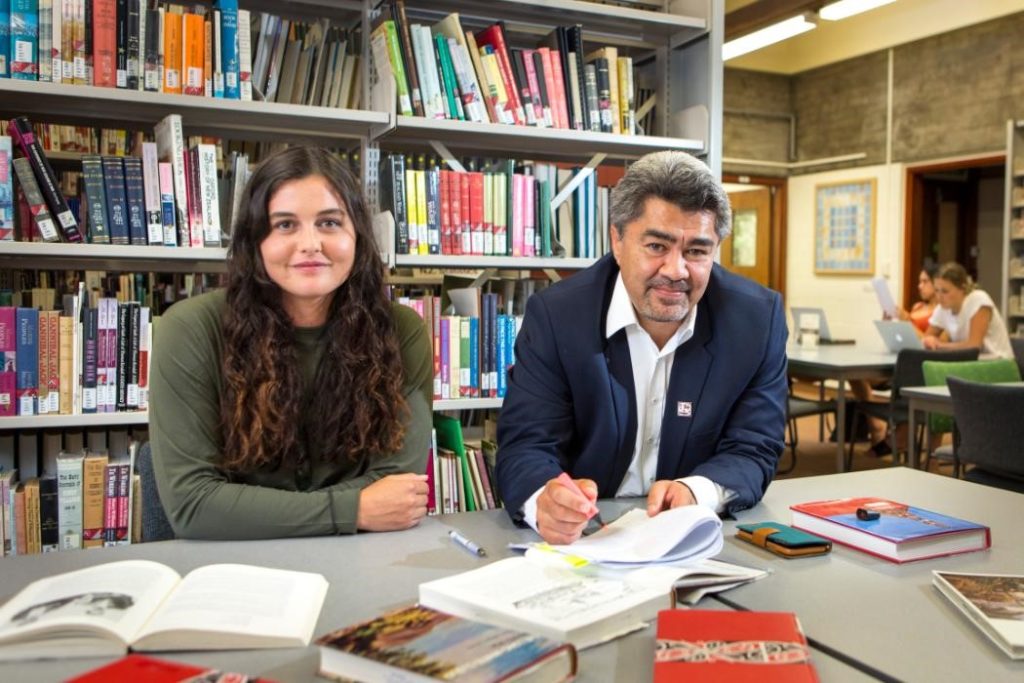
Professor Te Maire Tau (right) is the director of the Ngāi Tahu Research Centre. He has been instrumental in creating the partnership between the centre and The Tulo Centre A program that brought together Indigenous leaders from Canada and New Zealand explored the Canadian approach to Indigenous infrastructure as modeled by the First Nations Infrastructure […]
AFN Report Says Billions Needed for Infrastructure
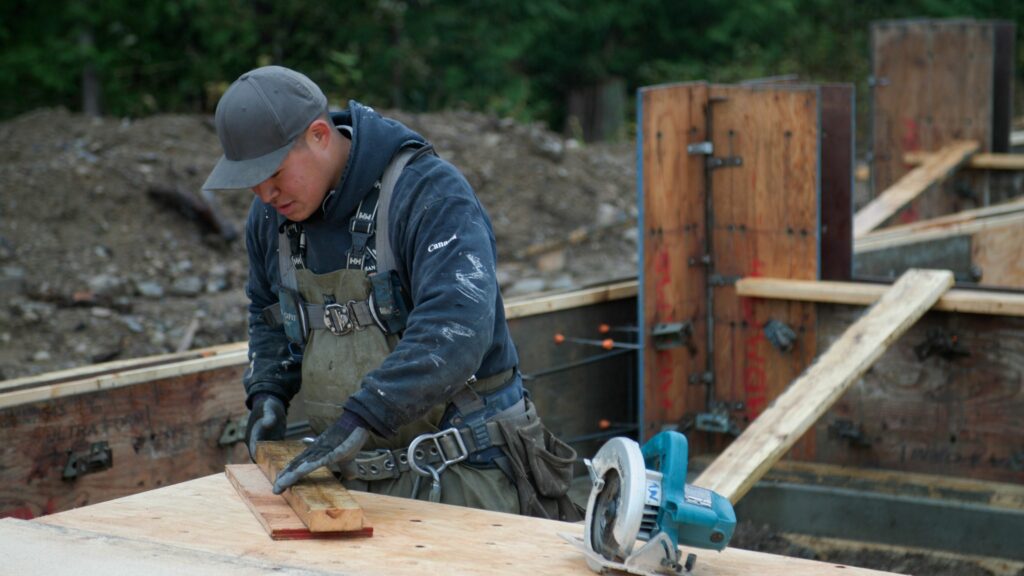
A report from the Assembly of First Nations (AFN) says $349.2 billion is needed to address the infrastructure gap. The report also says actions to close the gap will improve the socioeconomic wellbeing of First Nations people and boost the Canadian economy as a whole. The report – Closing the Infrastructure Gap by 2030 – […]
Advocating for Indigenous Infrastructure on the East Coast
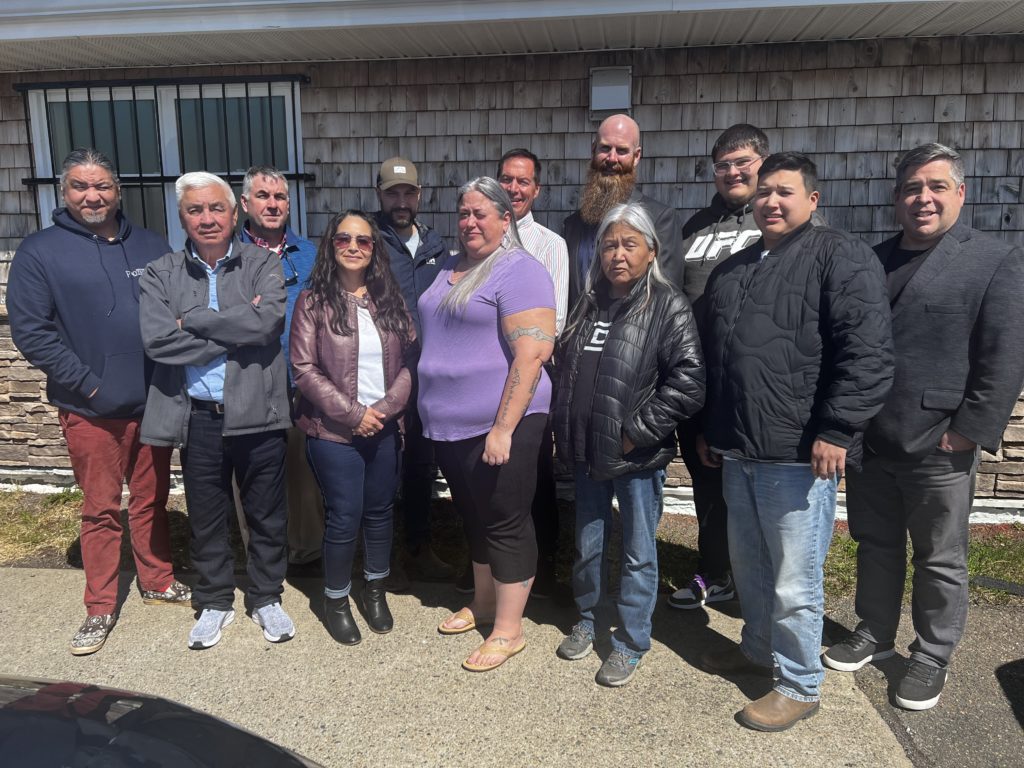
FNII has developed a close working relationship with Paqtnkek Mi’kmaw Nation Chief and Council. Allan Claxton, Jason Calla, John Dumbrell, and Jason Reeves were in the Maritimes in April, as the FNII Team made stops at Paqtnkek Mi’kmaw Nation in Nova Scotia and a First Nations housing conference in Moncton, New Brunswick. Paqtnkek has engaged […]
Getting Down to Business (Planning) for First Nations Infrastructure
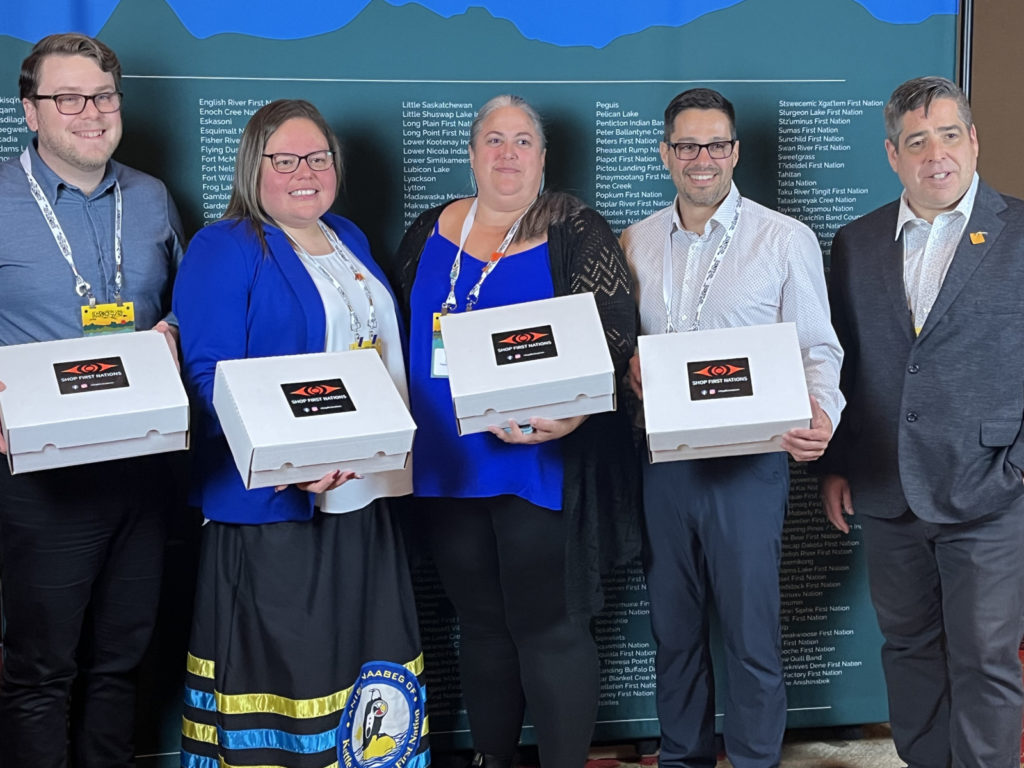
Chief Kimberly Bressette, second from left, with other panelists at Leading the Way: from left to right, James MacKinnon, Paula Pictou, Darcy Gray and Jason Calla. The number “two” has several applications for the Chippewas of Kettle and Stony Point First Nation. The Nation is made up of two reserves and the distinctive rock features […]
Maximizing Development Muscle – a How-To Story
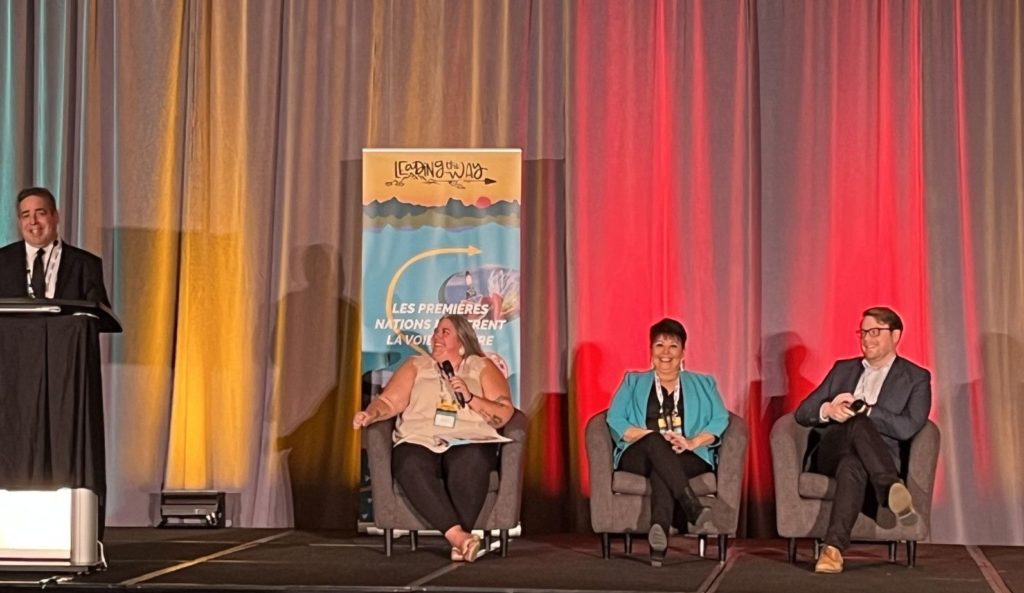
From left to right: FNII Technical Advisor and panel moderator Jason Calla; Paula Pictou and Rose Paul of the Paqtnkek Mi’kmaw Nation; and James MacKinnon, Atlantic First Nations Water Authority. When you’re a small First Nation with big plans, you use every tool you can to leverage your in-house expertise. For the Paqtnkek Mi’kmaw Nation […]
FNII Helps Lead the Way to Greater First Nations Autonomy
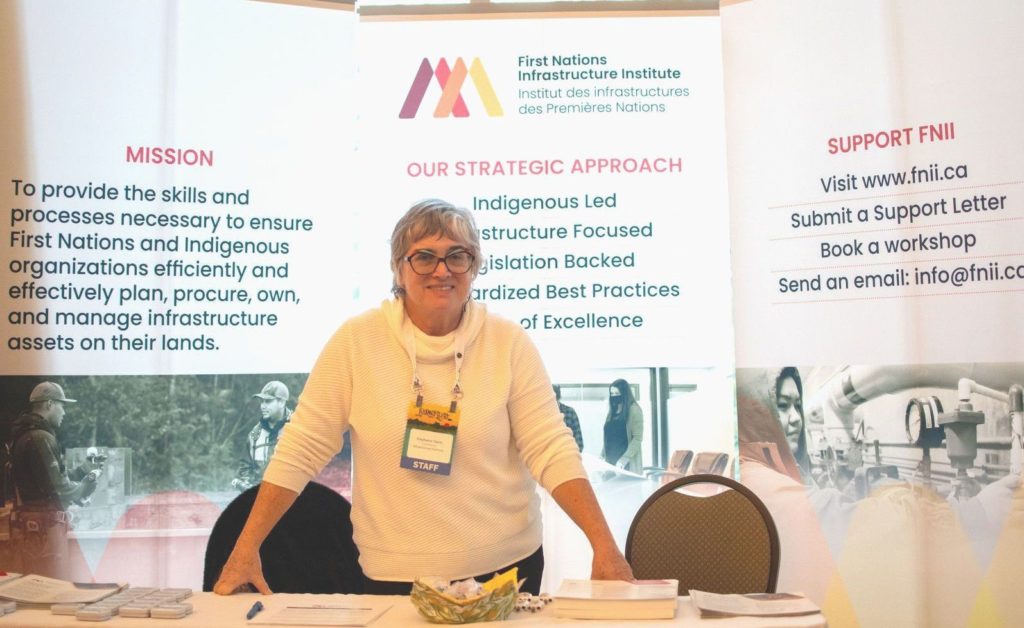
More than 350 people from First Nations across the country met in Gatineau, Quebec last November for the sixth annual First Nations Leading the Way conference. The First Nations Infrastructure Institute (FNII) joined its institutional colleagues to highlight the achievements of Nations using First Nation-led agreements and legislation. The stories in this edition of the […]
Procurement – Getting it Right When Getting Infrastructure Projects Off the Ground
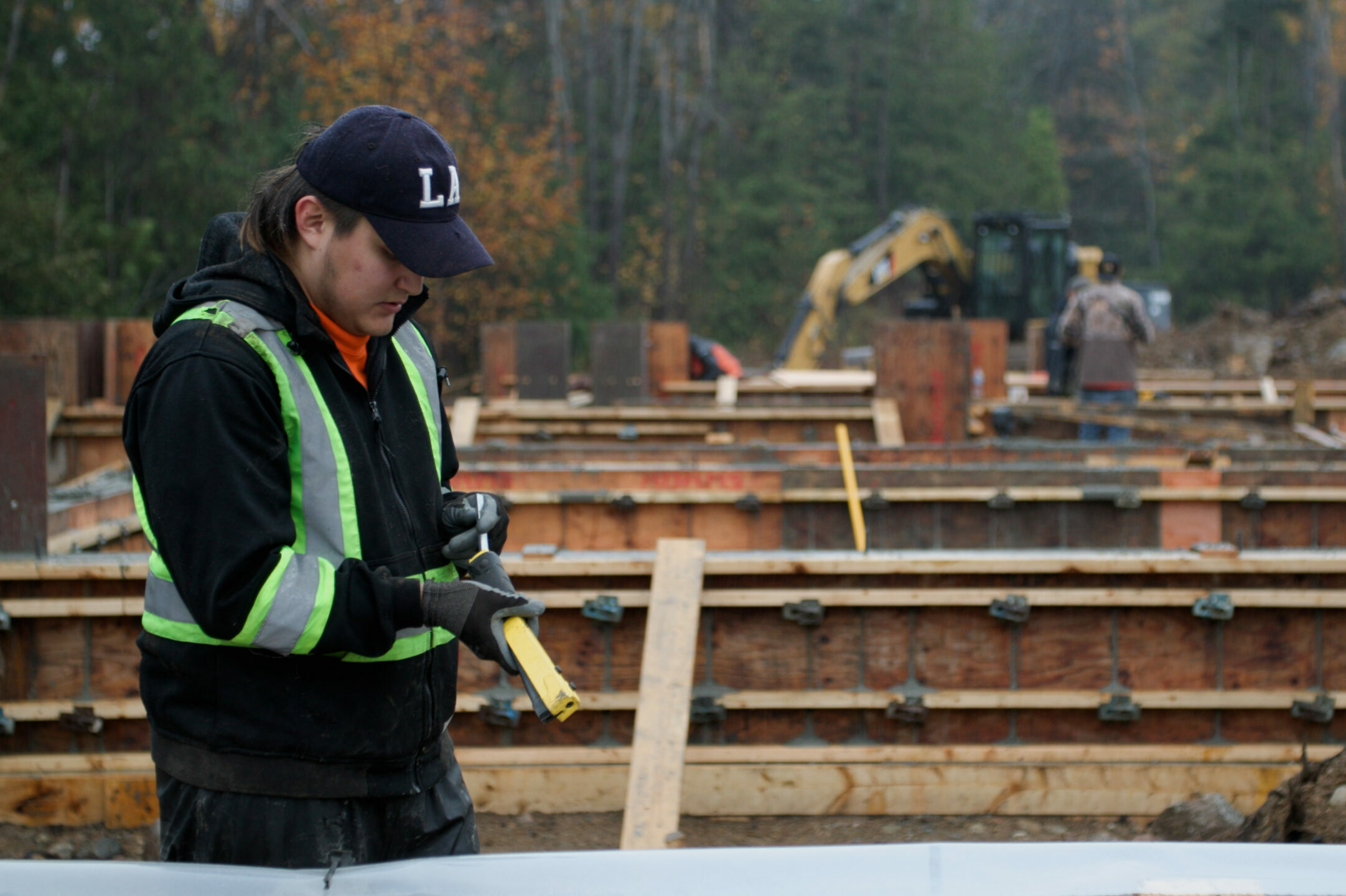
“Excuse me, what’s this ‘procurement’ thing that you keep talking about?” The question brought John Dumbrell up short. As a member of the technical team for the First Nations Infrastructure Institute (FNII), Dumbrell had visited a First Nations community several times to discuss a plan to improve their wastewater system. At one of several public […]
FNII Mourns Death of Development Board Member
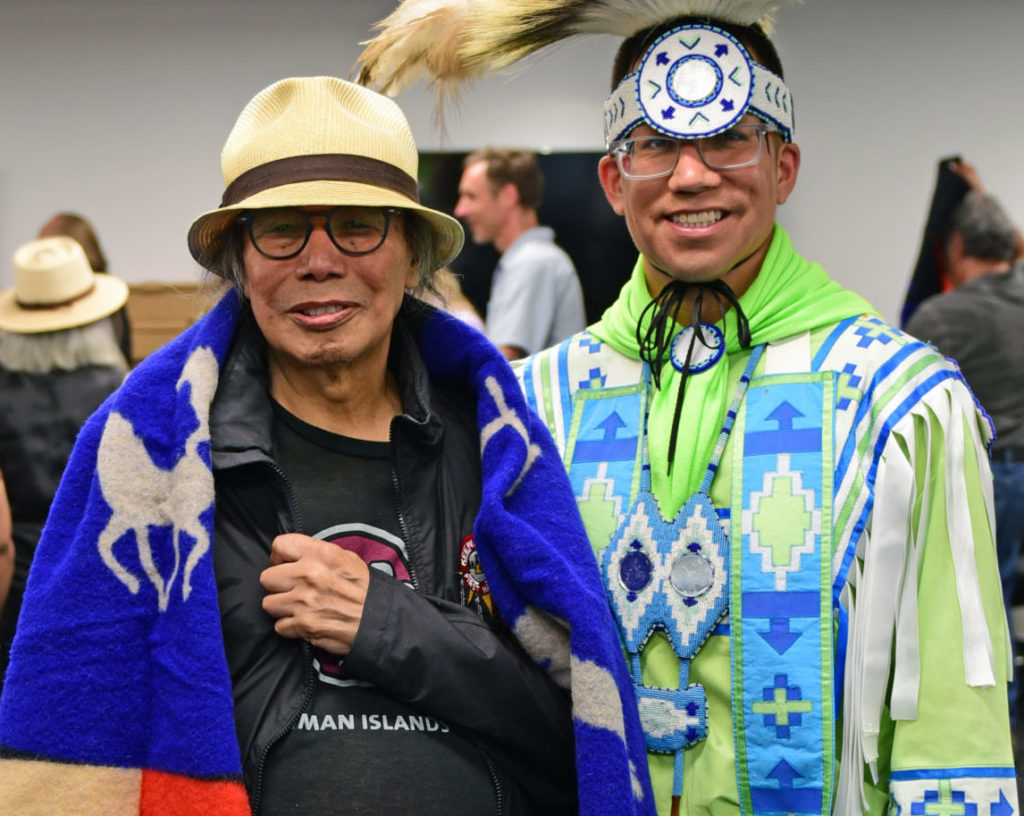
The team at the First Nations Infrastructure Institute is mourning the death of FNII Development Board Member Geordi Kakepetum. Geordi passed away Aug. 2 in Thunder Bay. He had a long and successful career as a leader – first as Chief of Keewaywin First Nation and then as the founder of Keewaytinook Okimakanak Tribal Council. […]
FNII Development Board Members Look Back and Forward Following Institute’s Creation
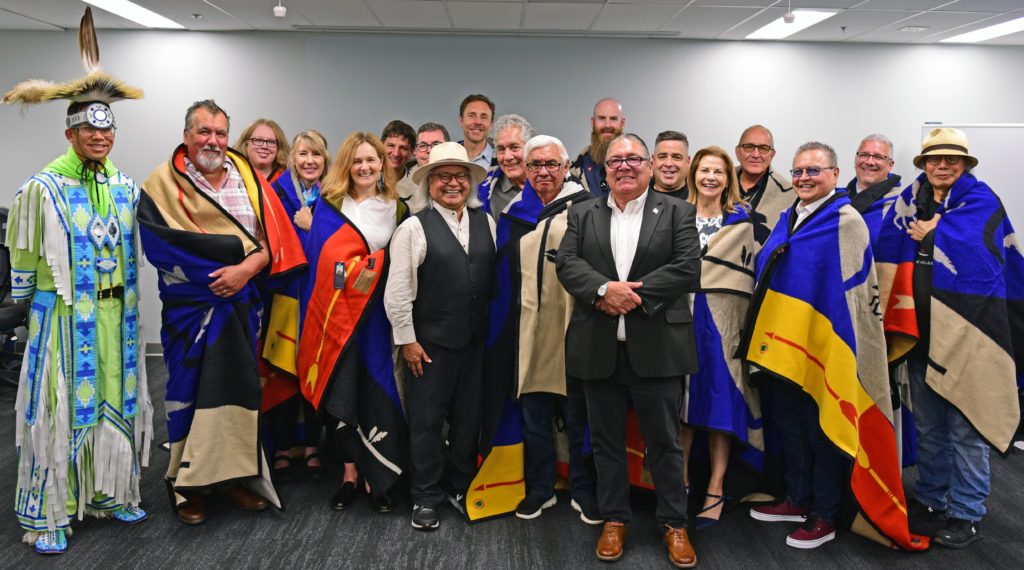
In 2017, First Nations leaders from across the country formed a Development Board. Their mission? To guide the creation of an organization called the First Nations Infrastructure Institute (FNII). Why? To help First Nations and other Indigenous organizations develop their infrastructure projects in a faster, more cost-effective, and sustainable manner than the status quo. Manny […]
First Nations Infrastructure Institute Now Formally Established
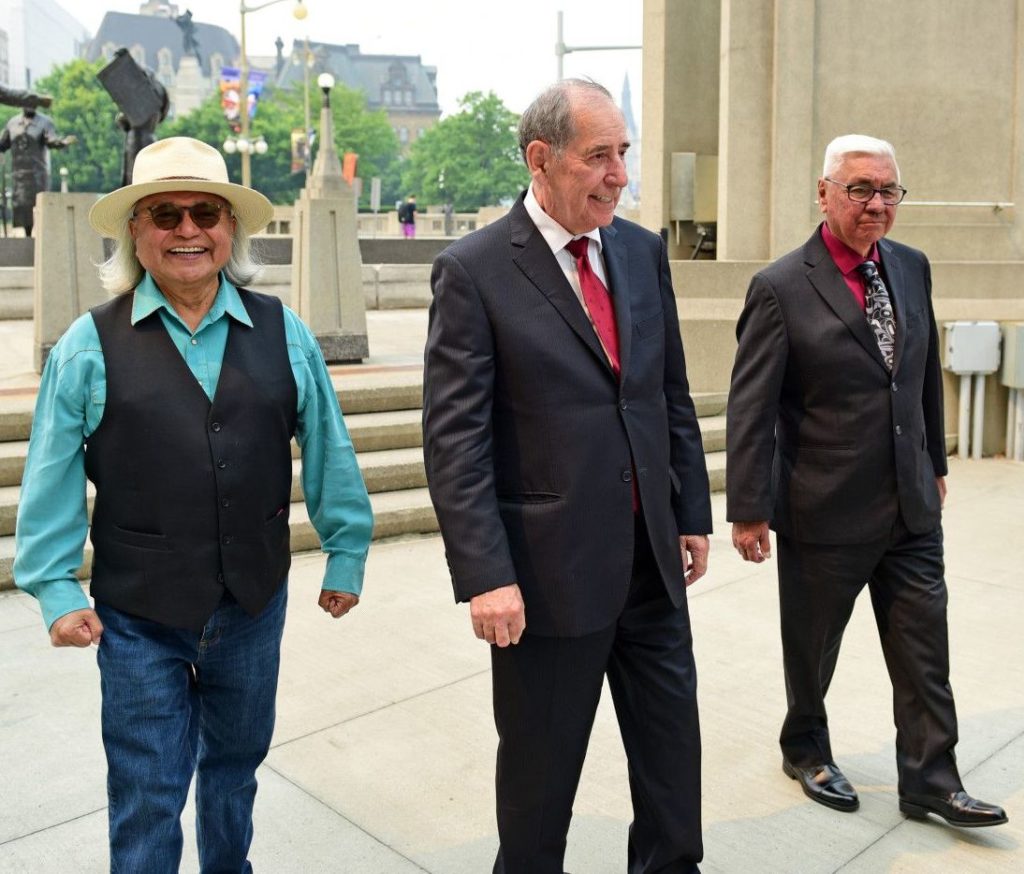
The First Nations Infrastructure Institute is now officially established under the First Nations Fiscal Management Act. The milestone took place June 20 following Royal Assent of amendments to the Act. The amendments address some of the barriers to First Nations’ economic development by providing First Nations communities and other Indigenous organizations with increased supports and […]
